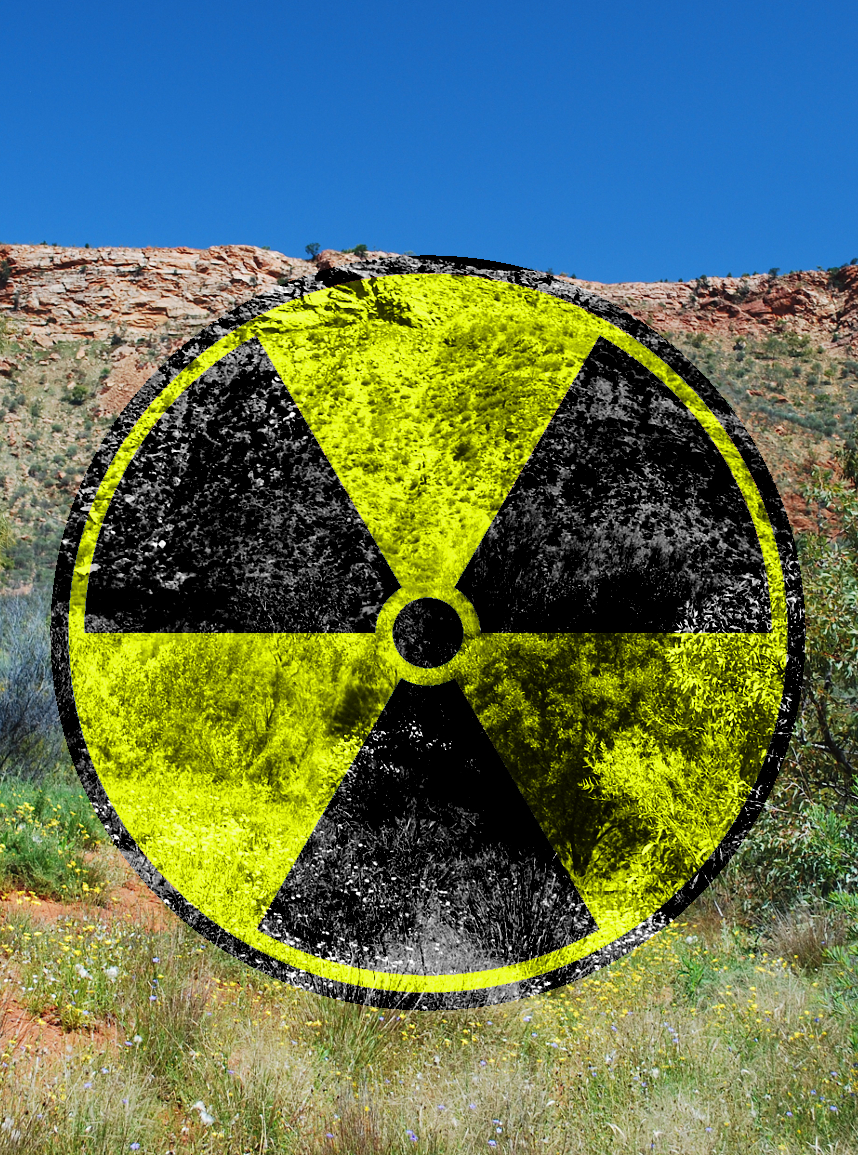Waste site fight in court before moving back north
 A fight over the site for nuclear waste dumping in Australia will hit Federal Court today.
A fight over the site for nuclear waste dumping in Australia will hit Federal Court today.
Indigenous landowners have taken legal action against a plan to store low and intermediate level nuclear waste on their land.
It is part of a scheme set up by the Howard Government and continued under Labor, which would see a facility set up to store nuclear waste from around the world.
Muckaty Station in the Northern Territory was selected as a site after years of deliberations and negotiations with the Northern Land Council, which took charge of the area on behalf of traditional owners when the station was declared Aboriginal land in 1997.
The Northern Land Council nominated about four square kilometres of the property to host the nuclear waste facility, but a number of groups not represented in negotiations have laid claim to the piece of land.
All of the claimants to traditional ownership say they want their voices heard in debates over their land, and the argument has now made it to court in Melbourne. A number of hearings will be held on and near Muckaty, and also in Darwin.
The case is significant for a number of reasons, according to Lawyer Elizabeth O'Shea.
“It's a proposal that concerns burying radioactive waste on Aboriginal land, and that throws up all sorts of questions about whether you can apply the process of obtaining consent and to what extent you need to make extra effort to ensure people know what they're consenting to,” she said in an interview with ABC Radio.
“There's also some provisions about misleading and deceptive conduct, which is traditionally consumer protection and we're alleging that the Northern Land Council was engaged in that behaviour.
“And it will test some provisions as well that the Commonwealth is relying on, so some technical legal stuff.
“But mostly I think it's interesting because the Northern Land Council is never usually put under this level of scrutiny, and we're ready to undertake that process and give traditional owners the opportunity to be heard,” she said.








 Print
Print